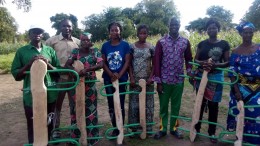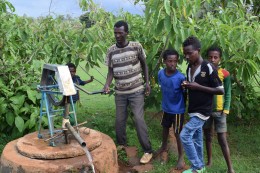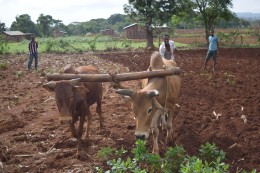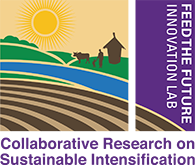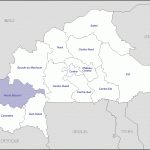
Ninety-two percent of the population of Burkina Faso is involved in agricultural pursuits (Beal et al., 2015). Agricultural production is labor intensive for smallholder farmers. Small landholders typically work less than 3.5 hectares, while mid-size farms are about 7 hectares and large farms are typically 10 hectares or larger. The rural population relies on subsistence farming, and nearly the entire rural population lives in poverty. Forty-five percent of the farms have an income of less than $1 per day. The Appropriate Scale Mechanization Consortium (ASMC) has partnered with the Polytechnic University of Bobo-Dioulasso to improve management practices and technologies for maize cultivation in the Hauts-Bassins region of Burkina Faso. The main cash crops in this region are maize, cotton, soybeans, peanuts and sesame. The mechanization practices developed for maize will be applicable and transferable to these other cash crops. These ASMC efforts will provide the smallholder farmers with improved agricultural techniques and technologies that will sustainably increase agricultural production, reduce labor and drudgery, increase socio-economic status, and improve the overall quality of life. Continue reading “Animal Traction is an Appropriate Technology for Cropping System Mechanization in Burkina Faso”
